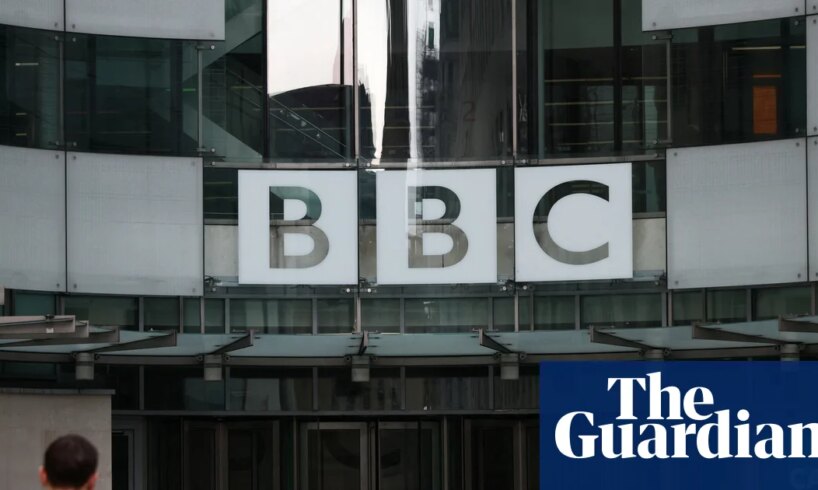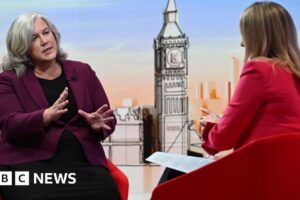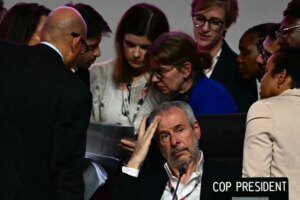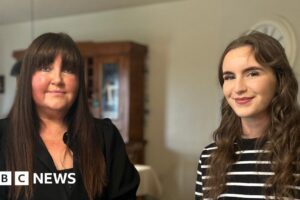
The BBC has been plunged into crisis by the sudden resignation of its director general, Tim Davie, and the head of news, Deborah Turness. Their departure followed a disagreement over how to respond to a memo from its former external adviser Michael Prescott, in which he claimed there were “serious and systemic problems” at the corporation. He alleged liberal bias in its coverage of the US election, Gaza and racial diversity and transgender issues.
Their decision shocked many in New Broadcasting House, but what emerged in the hours after their departure was talk of a rightwing “coup”, board splits and crippling delays.
MPs on the culture, media and sport committee will examine Prescott’s claims on Monday. They will hear from Prescott and Robbie Gibb, the Conservative-supporting BBC board member accused of raising repeated claims of liberal bias.
They will appear alongside the Samir Shah, the BBC chair, Caroline Daniel, who was an external adviser alongside Prescott, and Caroline Thomson, another BBC board member. These are some of the key questions to be answered:
To what extent were Prescott’s concerns ignored?
After his role as external adviser ended over the summer, Prescott sent his memo to the BBC board in September. He said he was doing so because his concerns of bias had been ignored. The BBC has apologised for an edit of a Trump speech raised in the memo, but Shah has also claimed Prescott’s memo was a partial and personal account. So how many issues that Prescott outlined have not been dealt with? Daniel may have a view on whether Prescott is right to say he was ignored.
Is there evidence of an internal rightwing campaign against the BBC?
Some in the BBC believe that while Prescott’s memo pointed to real failings, it was part of a longer-running attempt by like-minded figures to pressure the corporation from the right. They point to the fact that many of Prescott’s concerns chimed with those of Gibb. Prescott’s memo was based on research carried out by David Grossman, a longstanding journalist who had once confronted a colleague over bias. Who suggested what Grossman should be researching? Was there a pre-existing relationship between Gibb and Prescott?
What board splits stopped the BBC responding for so long?
Two board meetings were held to discuss Prescott’s memo. The second was followed by the resignation of Davie and Turness, and the BBC only responded to the memo after they had quit. Were there disagreements among the board members? Did the board clash with its executives? And did its lack of editorial experience cripple its ability to deal with the issues raised?
Has Samir Shah lost control of the board?
The inability to act swiftly or unite the BBC board has left many asking whether Shah is up to the task of managing the corporation. His running of the board has come under greater focus since the resignation on Friday of one member, the tech investor Shumeet Banerji, who cited governance issues at the top. He had been overseas when a key meeting was held over how to respond to Prescott’s report and felt he had not been properly consulted.
Is the select committee split over the crisis?
There also appearto be issues within the select committee over the crisis. Prescott was initially the only figure called to give evidence after Caroline Dinenage, the committee’s Conservative chair, said Prescott’s memo was “extremely worrying”.
Prescott’s appearance was postponed, however, and he will now appear alongside other witnesses, including Gibb. Another committee member, Labour’s Rupa Huq, had complained that taking evidence from one person was highly unusual.





